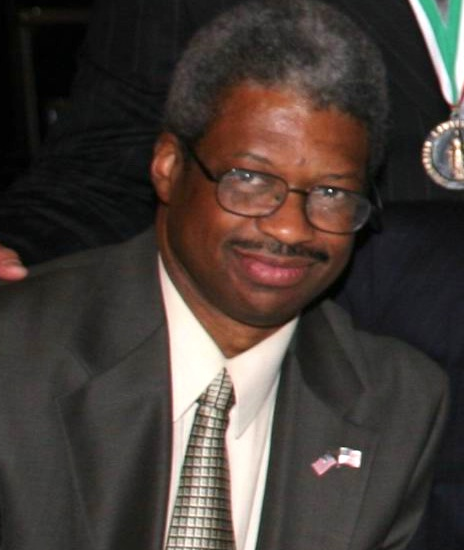Brooklyn judge to review suspect murder convictions

A Brooklyn Supreme Court Justice has ordered all documents relating to a probe into questionable convictions achieved by the Brooklyn District Attorney’s Office be submitted to his chambers for review.
Louis Holmes, also known as Shabaka Shakur, was convicted in 1988 for the murder of two men over car payments. Evidence showed that Shakur gave incriminating statements to the lead detective on the case, Louis Scarcella. Shakur, currently serving two consecutive 20-years-to-life prison terms, has maintained that he did not make any such statements.
Under normal circumstances, pleas of innocence by prison inmates fall on deaf ears, especially after the case against them has been fully adjudicated. Shakur’s case has received particular attention because of the detective involved in his case: Scarcella.

Brooklyn Boro
View MoreNew York City’s most populous borough, Brooklyn, is home to nearly 2.6 million residents. If Brooklyn were an independent city it would be the fourth largest city in the United States. While Brooklyn has become the epitome of ‘cool and hip’ in recent years, for those that were born here, raised families here and improved communities over the years, Brooklyn has never been ‘uncool’.